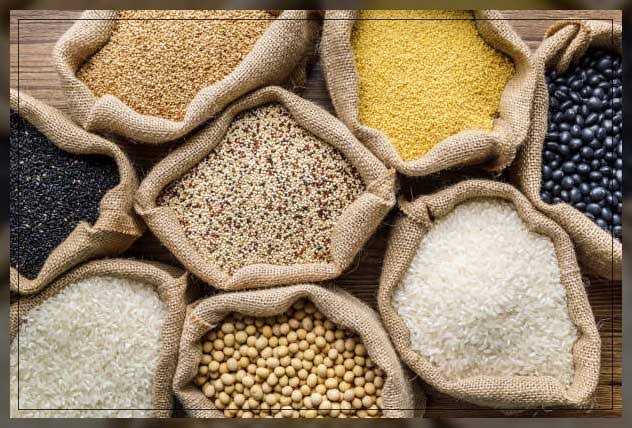Here’s something wild to think about: back in 2000, 2,000 naira could get you a whole bag of rice. Today? That same 2,000 naira wouldn’t even buy you 2 kilograms. Crazy, right? Now imagine you’ve been working hard at the same job since 2000, and your paycheck has barely grown. But when you head to the market, you realize the prices have skyrocketed beyond belief. Sound familiar? This is the story of millions of Nigerians today. While the cost of rice, bread, and other basics has shot through the roof, wages haven’t even come close to keeping up.
Let’s break it down. Back in the early 2000s, a bag of rice cost less than 2,000 naira. Fast forward to 2024, and the price for just 1 kilogram of rice has climbed to 1,800 naira. That’s an increase of over 4,400%! And bread? In 2000, a 500g loaf cost around 20 naira. By 2024, that same loaf costs 1,460 naira—a jaw-dropping jump of more than 7,200%. Now let’s talk about wages. The national minimum wage went from 5,500 naira in 2000 to 30,000 naira in 2019, and finally to 70,000 naira in 2024. That might sound like a big leap, but it’s only a 1,173% increase over the same period. Compare that to food prices, and it feels like trying to run a race where inflation is riding a fast motorcycle while wages are crawling on a wheelbarrow. If wages were at least riding a Keke Maruwa, things wouldn’t feel as hopeless.
But here’s the thing: not all these rising prices are because of the dollar or imports. What about locally produced goods? Why is yam—grown right here in Nigeria—suddenly so expensive? Why are sellers blaming the dollar for bread baked with local ingredients and firewood? The truth is, we’ve started to exploit ourselves. Many sellers take advantage of the confusion and hike prices even when their own costs haven’t gone up. It’s like we’re all stuck in a game of “every man for himself,” and it’s hurting everyone.
It doesn’t have to be this way. Other countries have faced similar struggles and found solutions. Take Egypt, for example. Back in 2008, they dealt with a global food crisis that sent bread prices soaring. Their government stepped in, subsidized bread, and made sure even the poorest families could afford to eat. That program still works today. Venezuela, on the other hand, controlled food prices and created public distribution networks to help people access basic necessities. Sure, they’ve had their challenges, but at least their people aren’t left starving.
So what can Nigeria do? First, the government needs to step up. Subsidizing essentials like rice and bread could help struggling families survive. Investing in agriculture is also a no-brainer. Imagine if farmers had better tools, seeds, and storage facilities. Their costs would go down, and food prices could finally stabilize. Fixing transportation and electricity issues would also make a huge difference.
But let’s be real—this isn’t just about the government. We, the people, have a role to play too. It’s time to stop blaming the dollar for everything and start being fair with our pricing. If every yam farmer and bread baker charged reasonable prices, life would get a lot easier for everyone. We need to remember that we’re all in this together.
At the end of the day, this isn’t just about economics; it’s about real people. It’s about the mother skipping meals so her kids can eat. It’s about the young man juggling two jobs but still unable to save. It’s about the farmer who grows food but can’t afford to buy it. We can break this cycle, but it starts with all of us—government and citizens alike—deciding that enough is enough. The question is, are we ready to make the changes that matter?
Share your story or advertise with us: Whatsapp: +2347068606071 Email: info@newspotng.com












